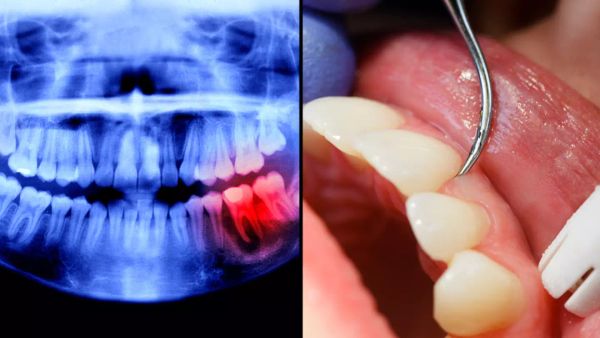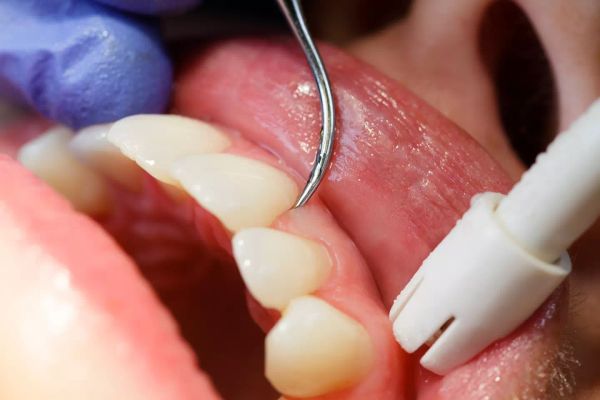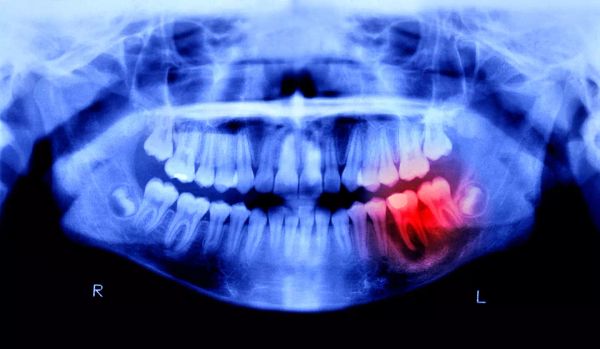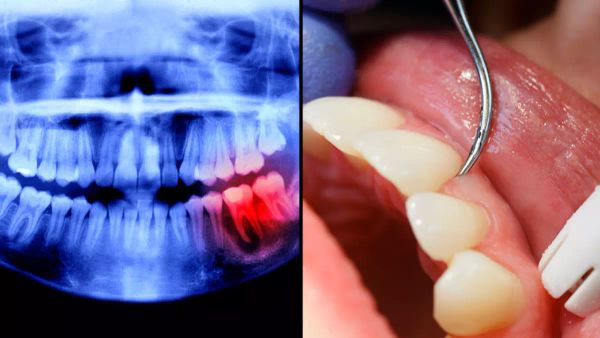Taking care of your oral health is crucial, especially as we age. It may come as a surprise, but half of all adults have non-reversible gum disease, according to Dr. Chanpreet Kalsi of the Hermes London Dental Clinic. Ignoring the warning signs can lead to irreversible damage. So, let’s discuss some early indicators that should not be ignored.

Pay attention to these symptoms
If you experience any of the following symptoms, it’s time to see your dentist:
- Bleeding gums when you brush your teeth, floss, or eat hard foods.
- Swollen, red, and sore gums.
- Persistent bad breath and a bad taste in the mouth.
- Receding gums.
- Loose teeth or teeth falling out.

These are signs of gum disease and should not be ignored. If you’re experiencing any of these, it’s important to act quickly.
Take action sooner rather than later

Gum disease can progress rapidly if left untreated. In the early stages, known as gingivitis, it can still be reversed. But once it advances, you’ll be dealing with irreversible damage. Dr. Kalsi reminds us that only 17 percent of adults have perfectly healthy gums, highlighting the importance of maintaining good oral hygiene.
Protect your oral health
To prevent irreversible damage to your mouth, here are some essential tips:
- Stick to a strict brushing regime. Don’t forget to clean the spaces between your teeth and gums.
- Floss daily to remove plaque and food particles that your toothbrush can’t reach.
- Visit your dentist regularly for check-ups and professional cleanings.
- If you experience any symptoms of gum disease, seek prompt dental attention.
Where to go for help
If you don’t have a dentist, don’t worry. You can call 111 and explain your situation; they might be able to assist you. Alternatively, you can use the NHS’s system to find a dentist who can schedule an emergency appointment for you.
Remember, your oral health is important and taking preventive measures is always better than dealing with irreversible problems later on.






